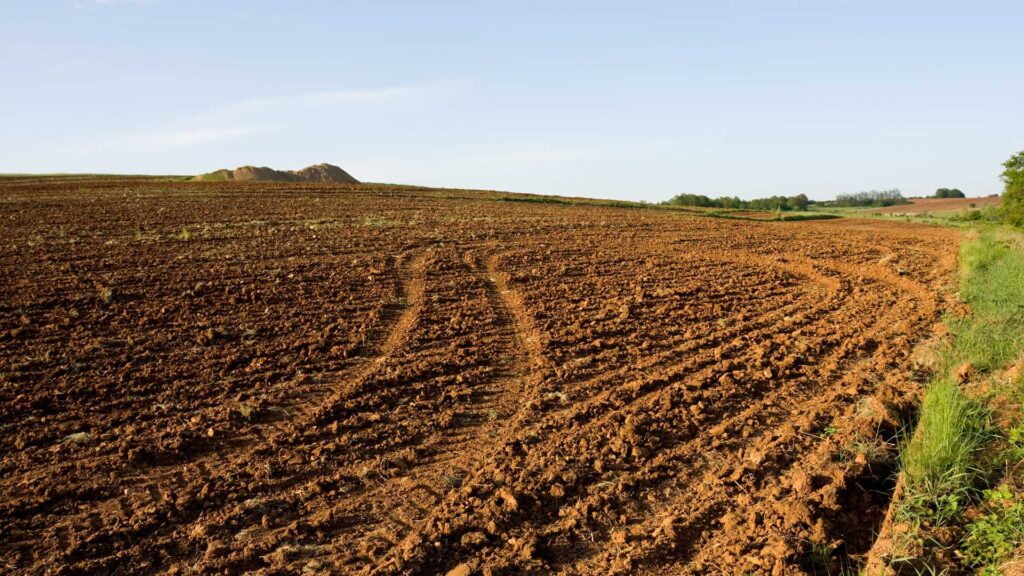Table of Contents
- Why Invest in Agricultural Land?
- Essential Factors to Consider
- Soil Quality and Type
- Water Availability and Irrigation
- Location and Market Trends
- Legal and Environmental Issues
- Conducting a Thorough Due Diligence
- Case Studies
Why Invest in Agricultural Land?
Investing in agricultural land can be lucrative, given its tangible nature and potential for steady returns. Unlike stocks and bonds, land provides stability and long-term appreciation. Many investors are turning to agricultural investments to recognize the growing demand for food and biofuels. With the world’s population continuously increasing, the need for food production similarly rises. Therefore, investing in agricultural land promises economic benefits and supports sustainability in the food supply. As population pressures amplify, agricultural investments can also be pivotal in addressing global food security challenges. This dual benefit makes agricultural land an attractive investment option, offering investors a unique opportunity to contribute positively to society while achieving substantial financial gains.
Essential Factors to Consider
Before investing, it is crucial to carefully assess various elements that could impact the profitability and sustainability of the land. These factors include soil quality, water resources, location, market conditions, and legal considerations. One valuable resource for information on this is Iowa Land CO, which offers extensive insights into the intricacies of land investments. Comprehensive analysis and due diligence in these areas ensure that the land will meet your investment goals and sustain long-term productivity. Here’s a closer look at each factor.
Soil Quality and Type
Importance of Soil Quality
The fertility and type of soil can significantly influence crop yield. Thus, conducting a soil test is fundamental to identifying the land’s capability to support various crops. According to the USDA, healthy soil should have a balanced structure, appropriate pH levels, and essential nutrients. The land’s productivity can be severely hampered without good soil quality, leading to lower crop yields and reduced profitability.
Testing the Soil
Soil testing involves evaluating nutrient content, pH level, and fertility. This can provide a clear picture of what types of crops the land can support and whether any soil amendments are needed to improve its quality. Engage professionals for comprehensive soil analysis to ensure that you receive accurate and actionable insights. Investing in soil tests can save significant costs and headaches in the long run by preventing potential agronomic issues.
Water Availability and Irrigation
Importance of Water Resources
Water is a critical factor for successful farming. Access to water sources, combined with efficient irrigation systems, ensures that crops receive adequate hydration. Research the water rights associated with the land to avoid future disputes and provide a sustainable water supply for your agricultural pursuits. Water scarcity or legal disputes surrounding water rights can severely impact your farming operations, making it crucial to verify these elements in the initial stages of investment.
Irrigation Systems
Efficient irrigation practices can drastically reduce water waste and improve crop yields. Consider modern irrigation techniques such as drip or sprinkler systems, which directly provide a controlled water supply to the plant roots, enhancing water use efficiency. Evaluate the existing irrigation infrastructure on the land to determine if upgrades are needed. Modern systems conserve water and reduce labor and energy costs, contributing to higher overall efficiency and profitability.
Location and Market Trends
Proximity to Markets and Infrastructure
Proximity to markets, infrastructure, and transportation can significantly influence the success of your agricultural investment. High-demand areas can yield better returns. Investigate local market conditions to identify regions where specific crops or commodities are in high demand. Also, consider accessibility to essential services such as storage facilities, processing centers, and labor supply, which can affect operational efficiency and profitability.
Monitoring Market Trends
Monitor current market trends to identify prosperous regions and emerging opportunities. Staying informed about the latest agricultural developments can guide you toward making informed investment decisions. Market trends can indicate shifts in consumer preferences, technological advancements, and economic conditions, impacting agrarian profitability. Continuously monitoring these trends can help you adapt your investment strategies effectively.
Legal and Environmental Issues
Understanding Legal Frameworks
Understanding local zoning laws, land use regulations, and environmental restrictions is paramount before purchasing. Legal issues can complicate and potentially derail your investment. It’s advisable to consult with legal experts to navigate the complexities associated with agricultural lands. They can help you understand the rights and restrictions attached to the land, ensuring compliance with all local and national regulations.
Environmental Considerations
Environmental regulations can impact the type of activities permitted on the land. Check for environmental protections or restrictions that could affect farming operations or increase compliance costs. A thorough environmental assessment can highlight potential challenges and help strategize solutions. Issues such as soil erosion, water contamination, and endangered species habitats can impose constraints on land use and require specific management practices to mitigate potential risks.
Conducting a Thorough Due Diligence
A comprehensive due diligence process is essential to uncover potential risks and ascertain the land’s value. This includes reviewing historical land usage, obtaining soil reports, and verifying water rights. Engage with experts and professionals to conduct an in-depth analysis and address any uncertainties before finalizing the purchase. Due diligence also involves financial evaluations to understand the long-term return on investment and to identify any hidden costs or liabilities associated with the land.
Case Studies
Learning from Successful Investments
Examining real-life examples of successful agricultural land investments can provide valuable insights and practical lessons. Look into diverse case studies to understand the strategies employed by successful investors and apply these learnings to your investment journey. This knowledge can help you avoid common pitfalls and adopt best practices for maximizing returns. Case studies offer a wealth of practical knowledge on various aspects of land investment, from initial evaluations to operational management and long-term planning.





